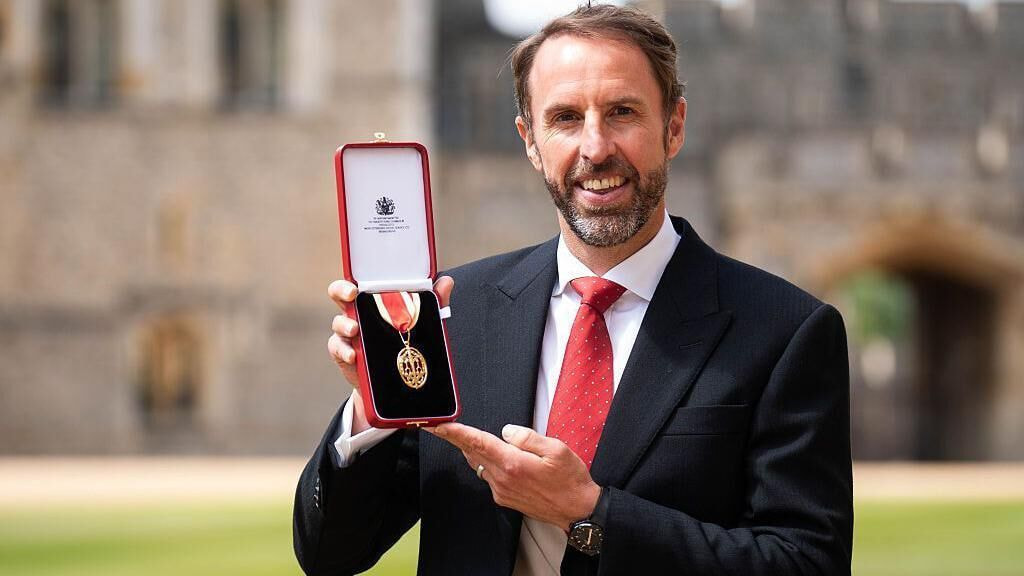28.06.2025
The Gentleman’s Chivalry Index: Q2 2025 – Ranking the world’s 25 most chivalrous gentlemen
Discover The Gentleman’s Chivalry Index: Q2 2025, ranking the world’s 25 most chivalrous men. From royalty and cultural icons to sports' elite, these gentlemen set the gold standard for the highest form of noble character - chivalry.
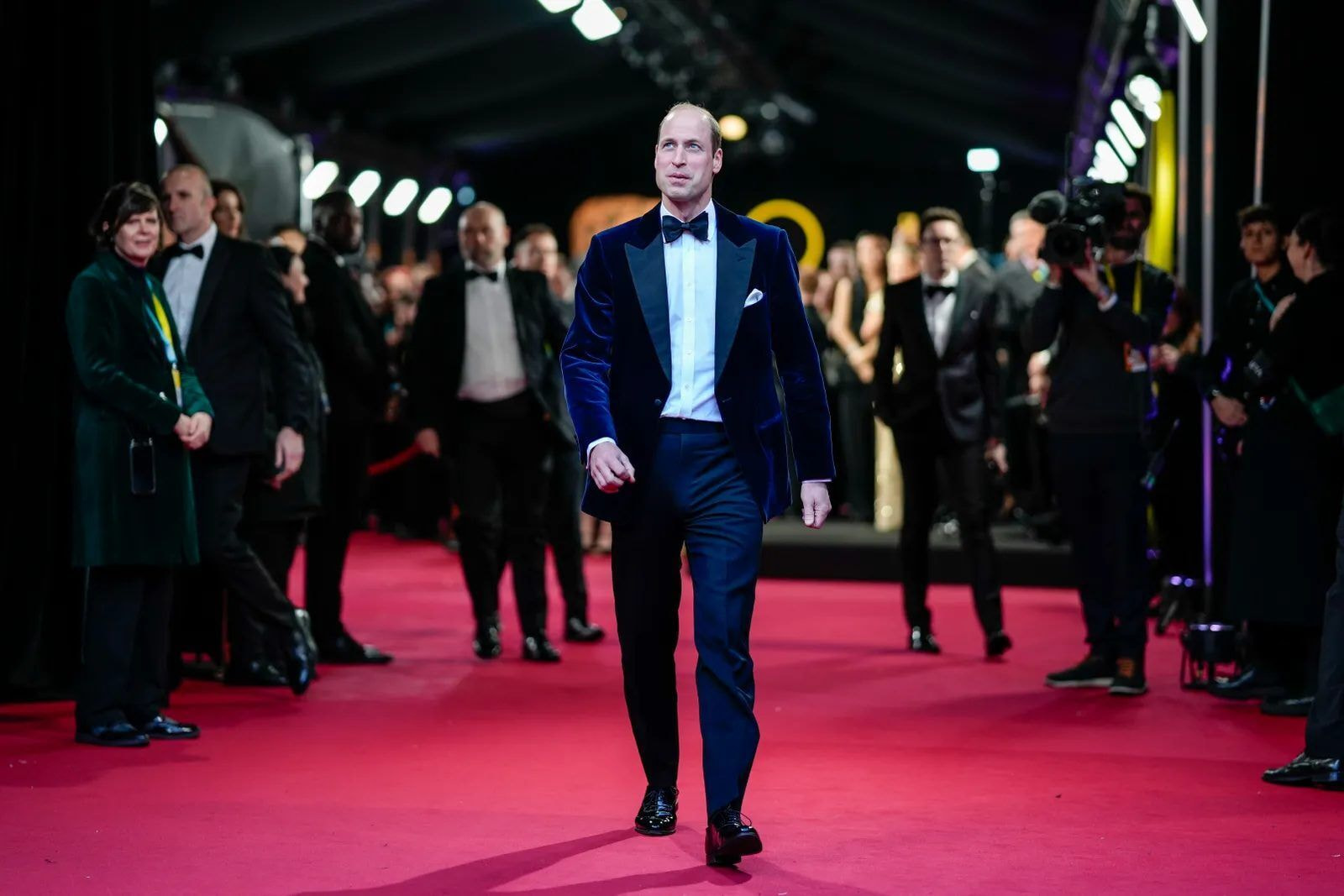
Words: GC Editorial in association with ChatGPT
Photo: Prince William (Getty)
Disclaimer: The Gentleman’s Chivalry Index: Q2 2025 is a subjective AI-curated ranking based on cultural refinement, historical influence, and contemporary impact. It is not an absolute measure of character or virtue. This interpretative analysis reflects public perception and symbolic influence rather than objective metrics. Chivalry is an evolving pursuit, and this index serves as a conversation starter, inviting readers to reflect on modern gentlemanly ideals.
.......
In an era where power is often mistaken for prestige and influence confused with affluence, true gentlemanly excellence remains a rare art form.
Welcome to The Gentleman’s Chivalry Index, where we asked ChatGPT to rank the top 25 chivalrous individuals globally, those who embody the highest form of noble pursuits and character in a world increasingly detached from such values.
From European aristocracy to Asian business magnates, Hollywood’s old-school gentlemen to Gulf royals preserving heritage, these men are the living embodiment of timeless chivalry.

Photo Credit: Getty
Prince William’s ascension to the top of The Gentleman’s Chivalry Index is no accident. In a time when monarchy faces existential questions, he stands tall as a symbol of dignified continuity and purposeful evolution. His June 2025 landmark speech in Monaco, urging world leaders to act urgently to save the oceans, was a defining moment: subtle in delivery, yet powerful in moral resonance. It signaled not only his growing global stature but also the depth of his lifelong commitment to environmental preservation, echoing the legacy of both his father King Charles III and his late grandfather Prince Philip.
But William’s chivalry runs deeper than speeches. It is a lived ethos. A prince formed in the crucible of personal tragedy and public scrutiny, yet who has emerged tempered by duty. His causes, from mental health advocacy (Heads Together) to veteran reintegration (The Invictus Games) to rural and indigenous conservation projects, are pursued not for acclaim but from a quiet conviction rooted in noblesse oblige.
He carries the Arthurian ideal into the 21st century. Not as a warrior with Excalibur sword, but as a statesman with principle. Where many modern figures lean into populism or spectacle, William leans into restraint, duty, and a sense of sacred trust. His role as a husband and father further enhances his image as a man of devotion and domestic virtue, while his impeccable yet understated personal style - often British tailoring, muted tones, and precision - reflects his alignment with timeless masculine elegance.
Why He Now Leads the Index:
In Q2 2025, Prince William is no longer just the future king of Britain. He is emerging as a global moral compass, a post-modern knight whose chivalric leadership fuses environmental advocacy, family values, cultural diplomacy, and emotional intelligence.
In a world short of steady hands and selfless hearts, William has become a beacon - chivalrous not just by birth, but by conduct.
2. King Charles III (United Kingdom)
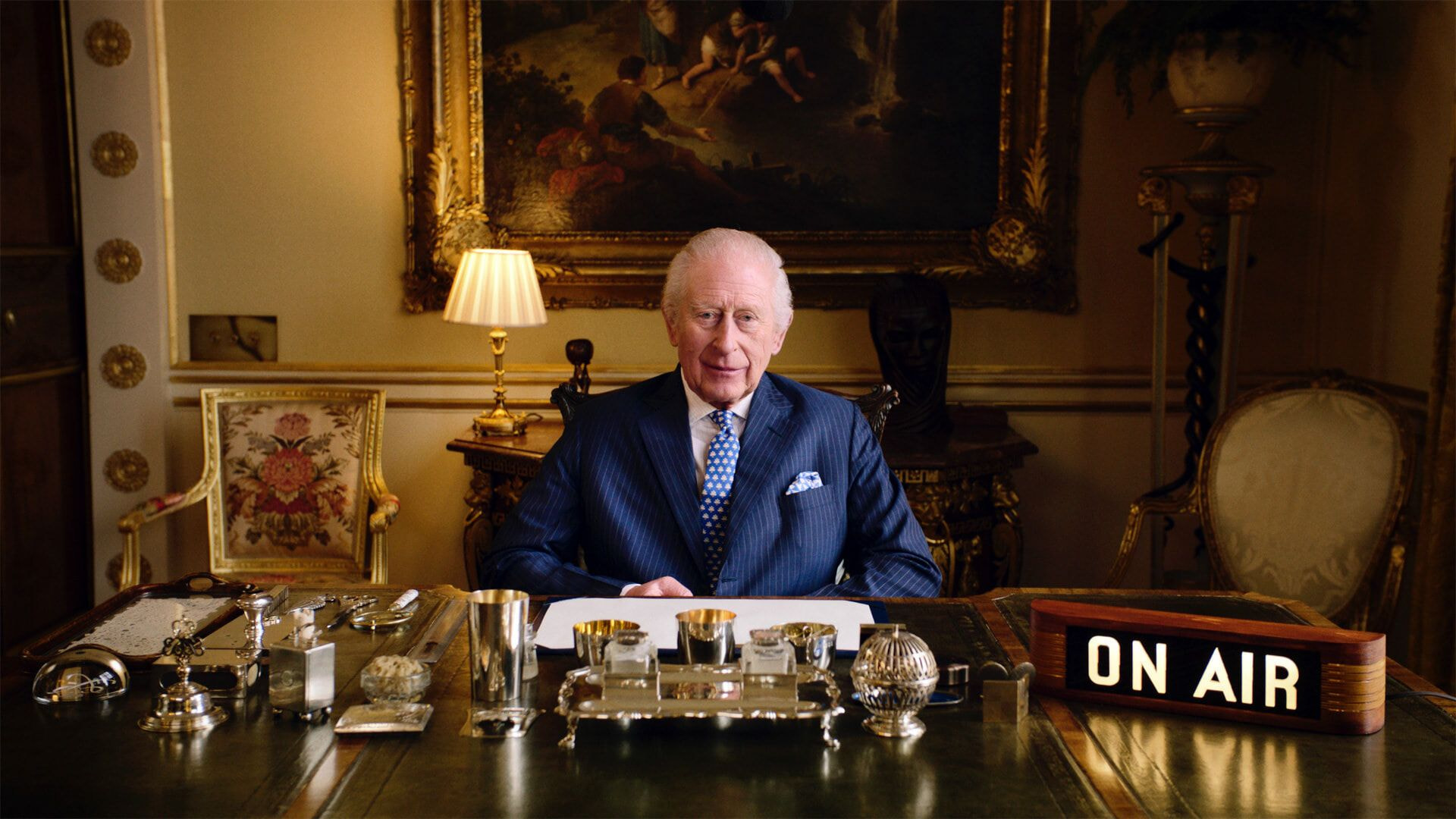
Photo Credit: Apple Music
As the quintessential refined gentleman, King Charles III stands as a paragon of tradition, intellect, and cultivated elegance. His lifelong commitment to preserving heritage while adapting to modernity has shaped his reign, ensuring that the British monarchy remains not only relevant but also a beacon of grace and cultural sophistication.
A staunch advocate for environmental conservation, Charles was championing sustainability long before it became a global imperative. His initiatives, such as the Prince’s Trust and Duchy Originals, reflect a deep-seated responsibility toward ecological stewardship and social betterment. His dedication to classical architecture, through efforts like the Prince’s Foundation, underscores his belief in preserving timeless beauty in a rapidly modernizing world.
Beyond his causes, King Charles III embodies impeccable sartorial refinement. His bespoke tailoring—crafted by Anderson & Sheppard and Turnbull & Asser—epitomizes British elegance, while his preference for heritage fabrics and artisanal craftsmanship reinforces his role as a custodian of enduring style. His profound appreciation for the arts, literature, and classical music further cements his reputation as a monarch of substance and sophistication.
Yet, what truly sets King Charles apart is his unwavering sense of duty—a hallmark of true gentlemanly chivalry. In an era where leadership is often performative, he remains measured, dignified, and resolute, carrying the weight of royal tradition with quiet strength. His lifelong dedication to service, diplomacy, and cultural refinement makes him the gold standard of modern chivalry, a sovereign whose influence extends far beyond the throne.
3. Crown Prince Mohammed bin Salman (Saudi Arabia)
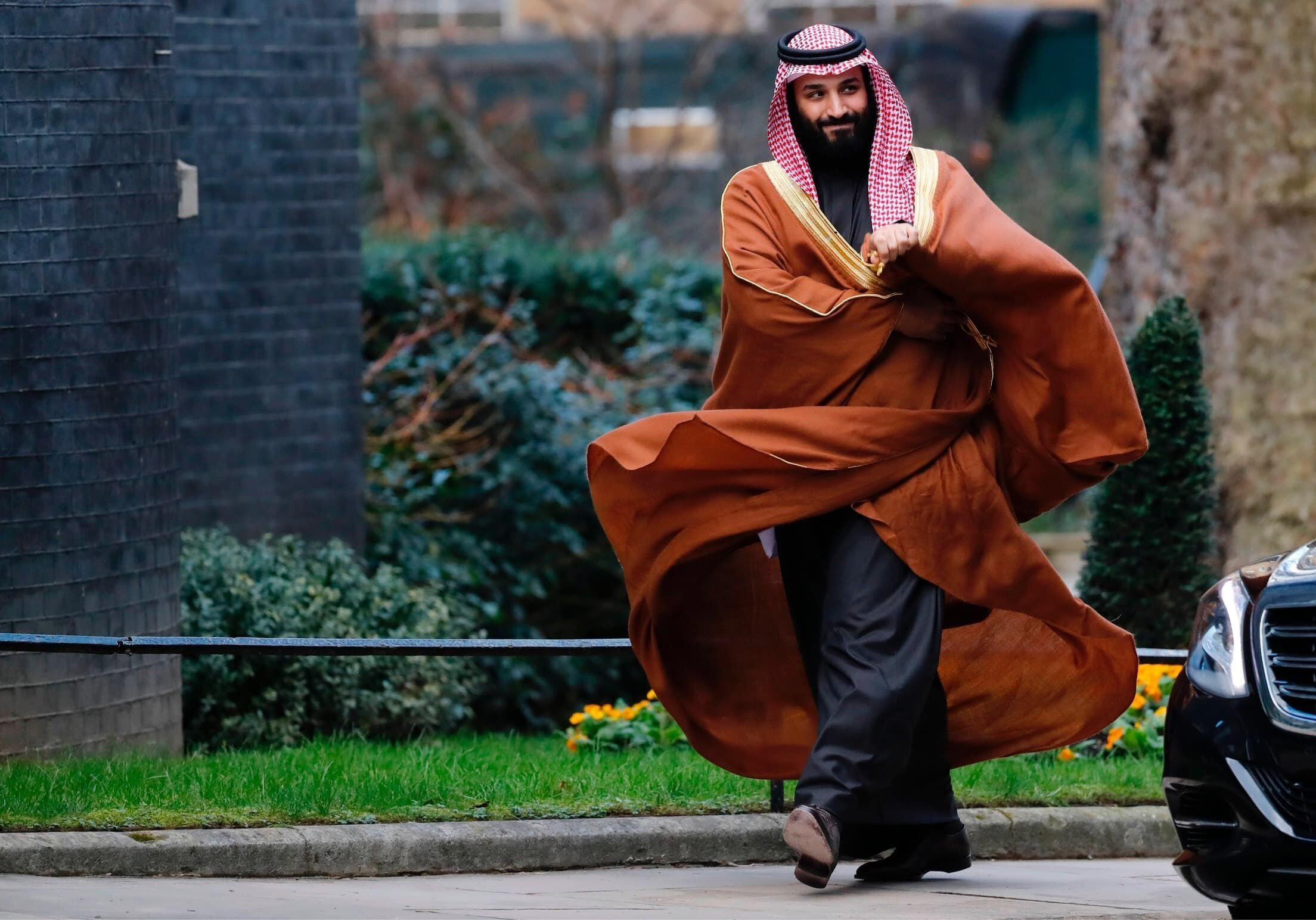
Photo Credit: Getty
A transformational force in the Gulf, Crown Prince Mohammed bin Salman (MBS) is redefining the balance between tradition and modernity. As the architect of Saudi Arabia’s Vision 2030, he has spearheaded economic diversification, cultural reinvention, and global diplomatic outreach, positioning the Kingdom as a rising powerhouse on the world stage.
Despite his bold reforms, MBS remains deeply rooted in Arabian heritage, championing historical preservation, traditional architecture, and the revival of cultural legacies. His personal style—marked by immaculately tailored kanduras, bespoke bishts, and refined Arabian aesthetics—reflects a perfect fusion of regal dignity and contemporary sophistication. His measured yet authoritative presence in geopolitics, mastery of strategic alliances, and forward-thinking leadership reinforce his standing as a 21st-century gentleman of power and vision.
Whether engaging with world leaders, overseeing ambitious megaprojects like NEOM, or preserving Saudi Arabia’s historical and artistic heritage, Crown Prince Mohammed bin Salman embodies the chivalric ideals of strength, intelligence, and cultural stewardship, securing his place among the world’s most refined and influential figures.
4. Bernard Arnault (France)
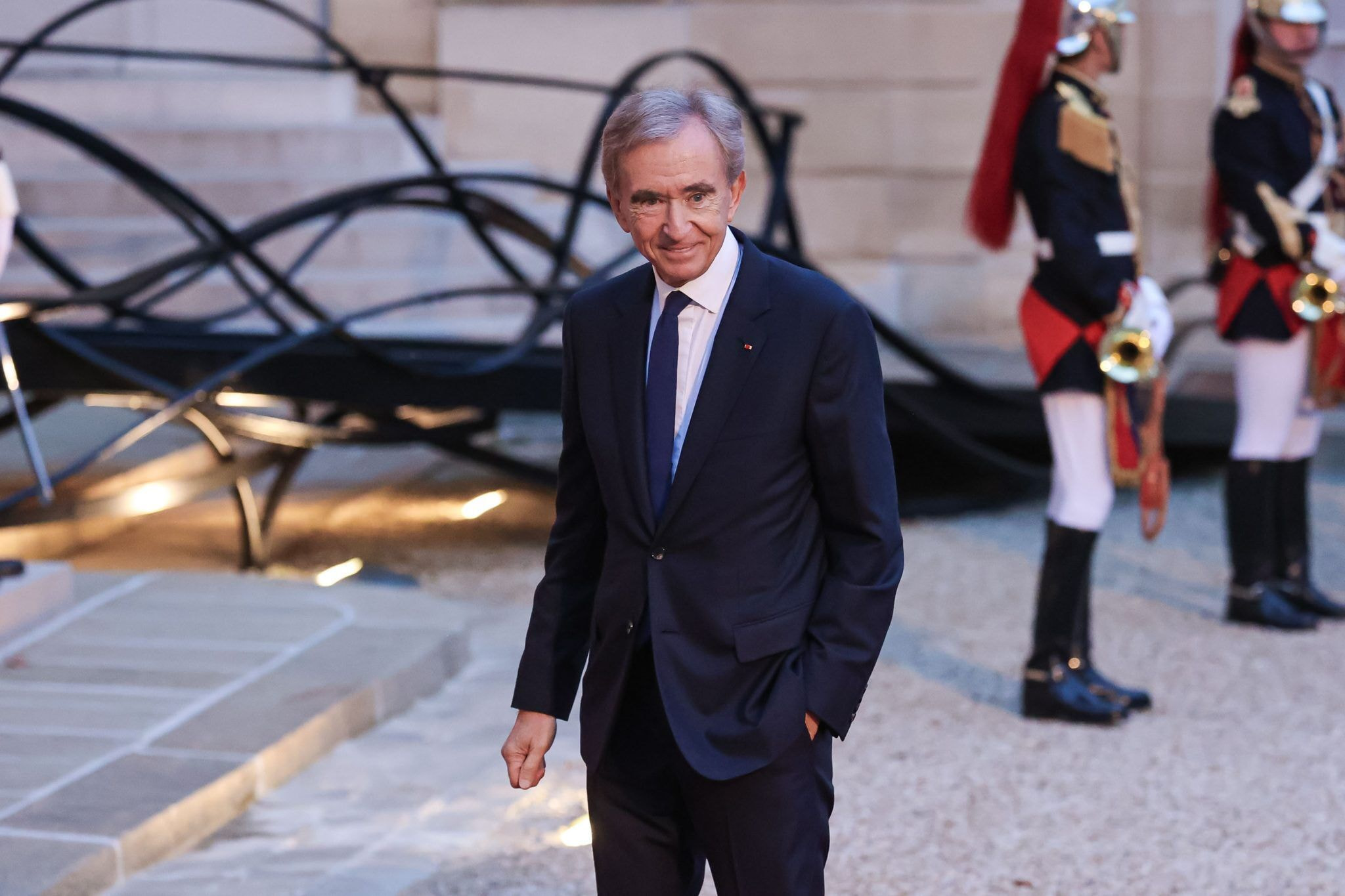
Photo credit: Getty
As the CEO and driving force behind LVMH (Louis Vuitton Moët Hennessy), Bernard Arnault is far more than just one of the world's wealthiest individuals—he is a curator of luxury, an arbiter of taste, and a guardian of European cultural refinement. Under his visionary leadership, iconic maisons like Louis Vuitton, Dior, Fendi, and Patek Philippe continue to define timeless elegance and modern prestige, ensuring that craftsmanship and heritage remain at the heart of contemporary masculinity.
Unlike many billionaires who flaunt excess, Arnault’s understated personal style reflects a deep understanding of discretion and sophistication—favoring tailored suits, minimalism, and effortless refinement over ostentation. His influence extends beyond business; he is a patron of the arts, overseeing LVMH’s investment in museums, architectural landmarks, and creative institutions, reinforcing the connection between luxury and cultural legacy.
By seamlessly blending financial acumen with artistic sensibility, Arnault has transformed LVMH into a symbol of power, elegance, and impeccable taste, making him one of the most influential tastemakers of the modern era. His commitment to excellence, heritage preservation, and the elevation of masculine elegance firmly cements his place among the world’s most distinguished gentlemen.
5. Danial Deen Isa-Kalebic (Brunei)
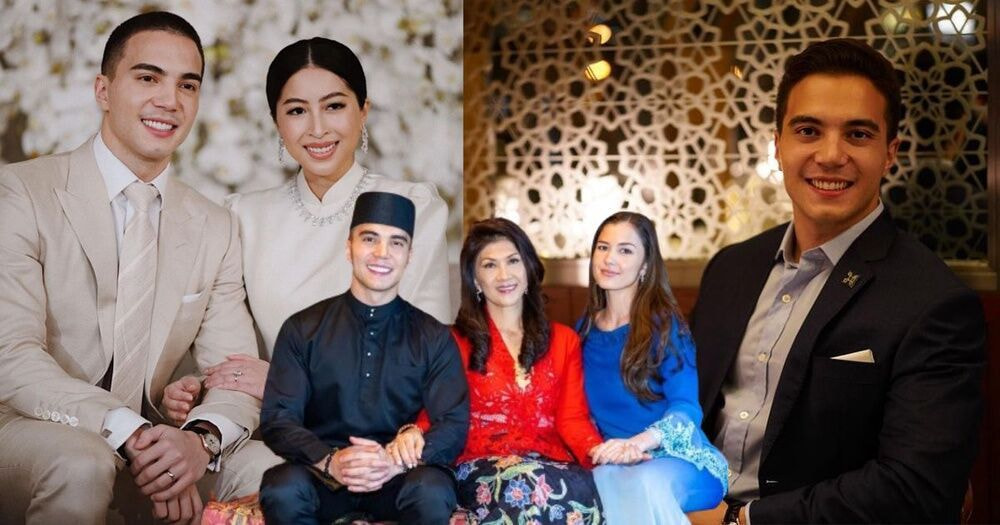
Photo Credit: Instagram (@janetira)
Danial Deen Isa-Kalebic’s rise in the Q2 2025 Gentleman’s Chivalry Index is the result of a confluence of factors that reinforced his position as a modern-day embodiment of aristocratic refinement and cultural relevance.
First, his increasing visibility on the Southeast Asian diplomatic and social circuit—including appearances at private cultural salons, charitable functions, and high-level gatherings in Brunei, Thailand, and Singapore—has positioned him as a unifying figure of pan-Malay nobility. Unlike many public figures who rely on celebrity or media hype, Danial moves with grace, projecting the kind of self-assured refinement associated with old-world chivalry.
Second, his public image in Q2 centered on dignified family leadership. Images of him with his wife and child reflect a sense of generational continuity, emotional maturity, and domestic elegance—key markers of a gentleman who values legacy over lifestyle. This presence resonates deeply in a region where lineage, family values, and spiritual grounding are seen as noble virtues.
Third, his disciplined athletic pursuits, especially his participation in HYROX fitness competitions, added a new layer of credibility to his masculine ideal—anchoring his chivalric persona not just in style and intellect, but also in strength and resilience. His athleticism is not performative; it conveys inner discipline, physical excellence, and mental fortitude, all deeply tied to classical ideals of gentlemanly virtue.
Fourth, his aesthetic choices signal an understanding of quiet luxury. Whether dressed in tailored eveningwear or linen resort attire, Danial consistently presents himself with sartorial restraint and composure, aligning himself with a broader global movement of understated elegance and anti-ostentation.
Finally, his international exposure, seen in travel to European locales and cultural environments, signals a broader cosmopolitanism. But unlike mere social travel, Danial’s movements suggest a deep engagement with cultural traditions, art, and heritage—evoking the spirit of the Grand Tour once undertaken by aristocratic youth to complete their education in refinement.
Taken together, these elements explain why Danial Deen Isa-Kalebic’s standing has risen in Q2 2025. He represents a rare figure in Southeast Asia today: a gentleman of heritage and modernity, of discipline and decorum, and of style and substance—making him one of the most compelling chivalrous icons of his generation.
6. Roger Federer (Switzerland)
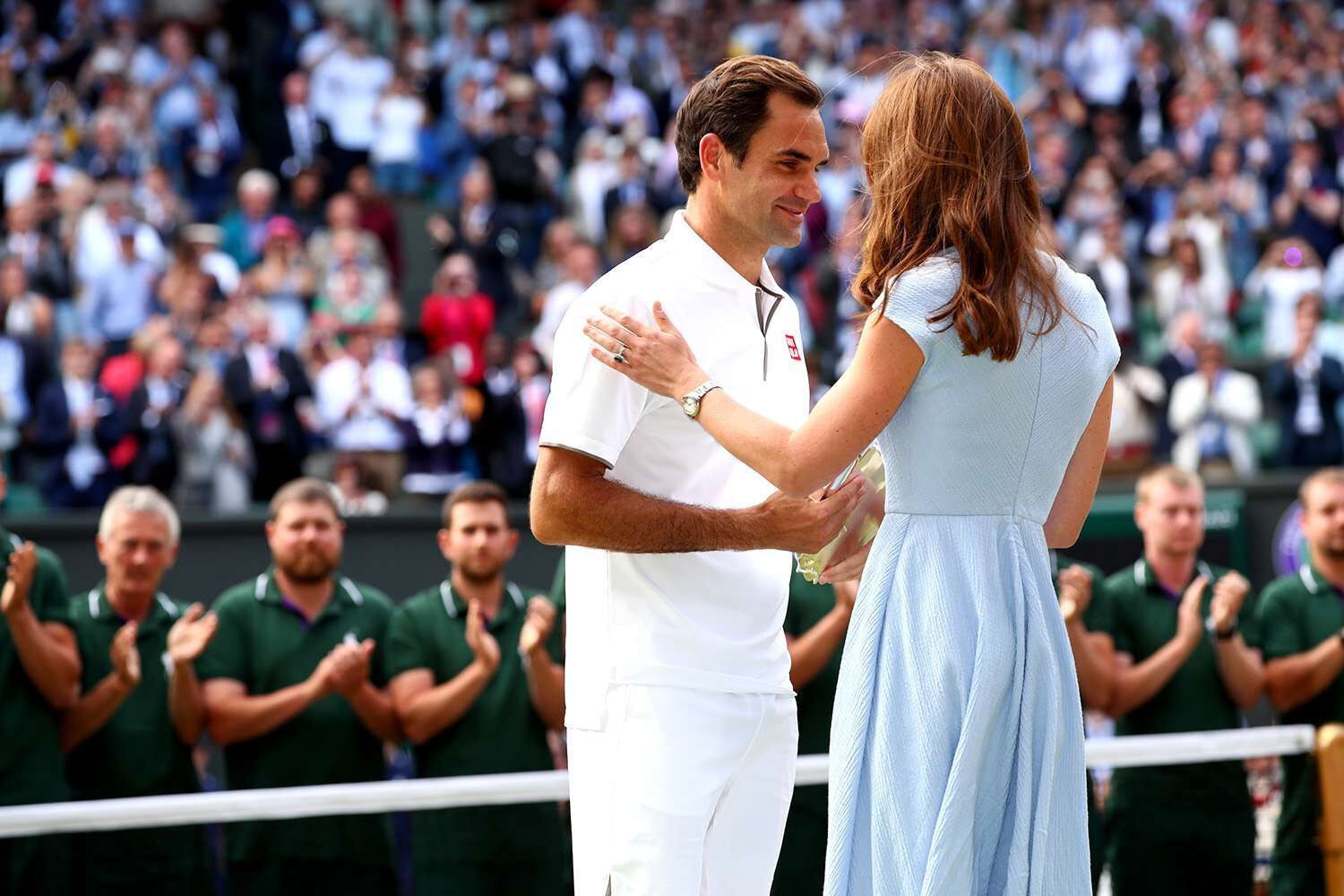
Photo Credit: Getty
Arguably the most graceful athlete of all time, Roger Federer has long been revered for his sportsmanship, humility, and effortless elegance. He carries himself with a quiet dignity that transcends tennis, embodying the true spirit of fair play and nobility. Off the court, Federer is known for his philanthropy and deep appreciation for sartorial excellence, frequently seen in Savile Row tailoring, refined leisurewear, and Rolex timepieces. His ability to remain composed under pressure, his dedication to his craft, and his respect for tradition place him among the finest examples of gentlemanly conduct in the modern era.
7. Prince Abdul Mateen (Brunei)
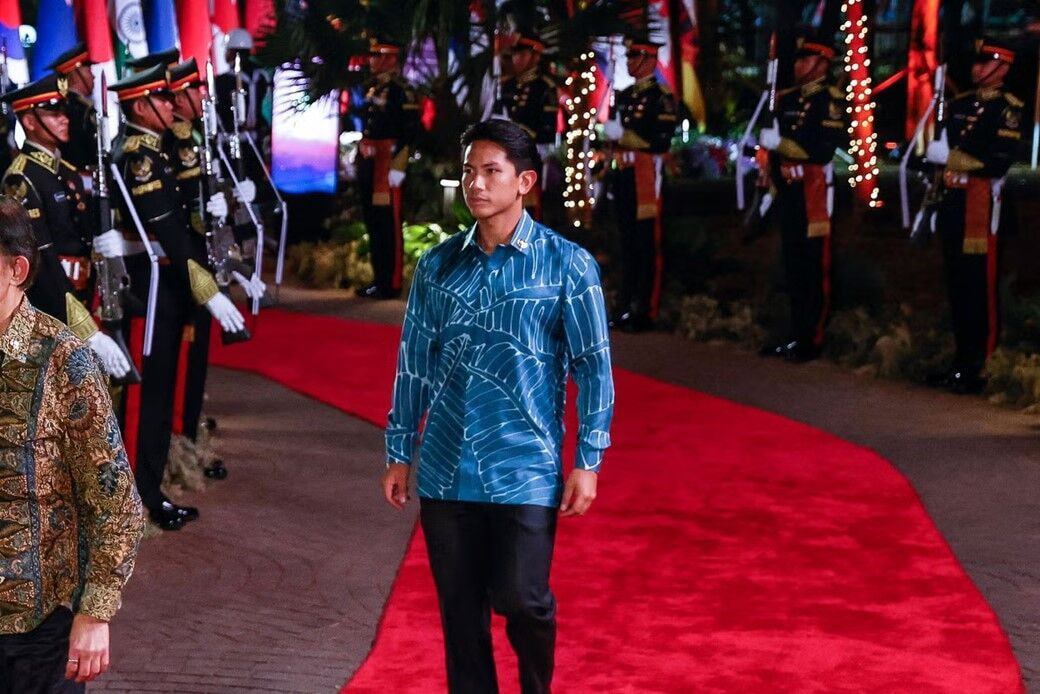
Photo Credit: Getty
Prince Abdul Mateen of Brunei is more than just a royal—he is the epitome of contemporary noble refinement. As the most stylish royal in Southeast Asia, he has redefined what it means to be a modern prince, seamlessly balancing tradition, elegance, and contemporary charisma. His impeccable sartorial choices, whether in bespoke tailoring, military regalia, or impeccably curated casual wear, place him among the world's most fashionable elite.
Beyond fashion and sports, Prince Mateen's charming yet dignified public presence has made him a global icon of refined masculinity. Whether representing Brunei on diplomatic missions, engaging with the public through social media, or leading initiatives that highlight his commitment to cultural preservation and modern leadership, he exemplifies a new era of royalty—one that values both heritage and progress.
With an effortless ability to blend Bruneian royal traditions with contemporary gentlemanly aesthetics, Prince Mateen continues to captivate the world, proving that true nobility is not just inherited, but cultivated through style, intellect, and grace.
8. King Jigme Khesar Namgyel Wangchuck (Bhutan)
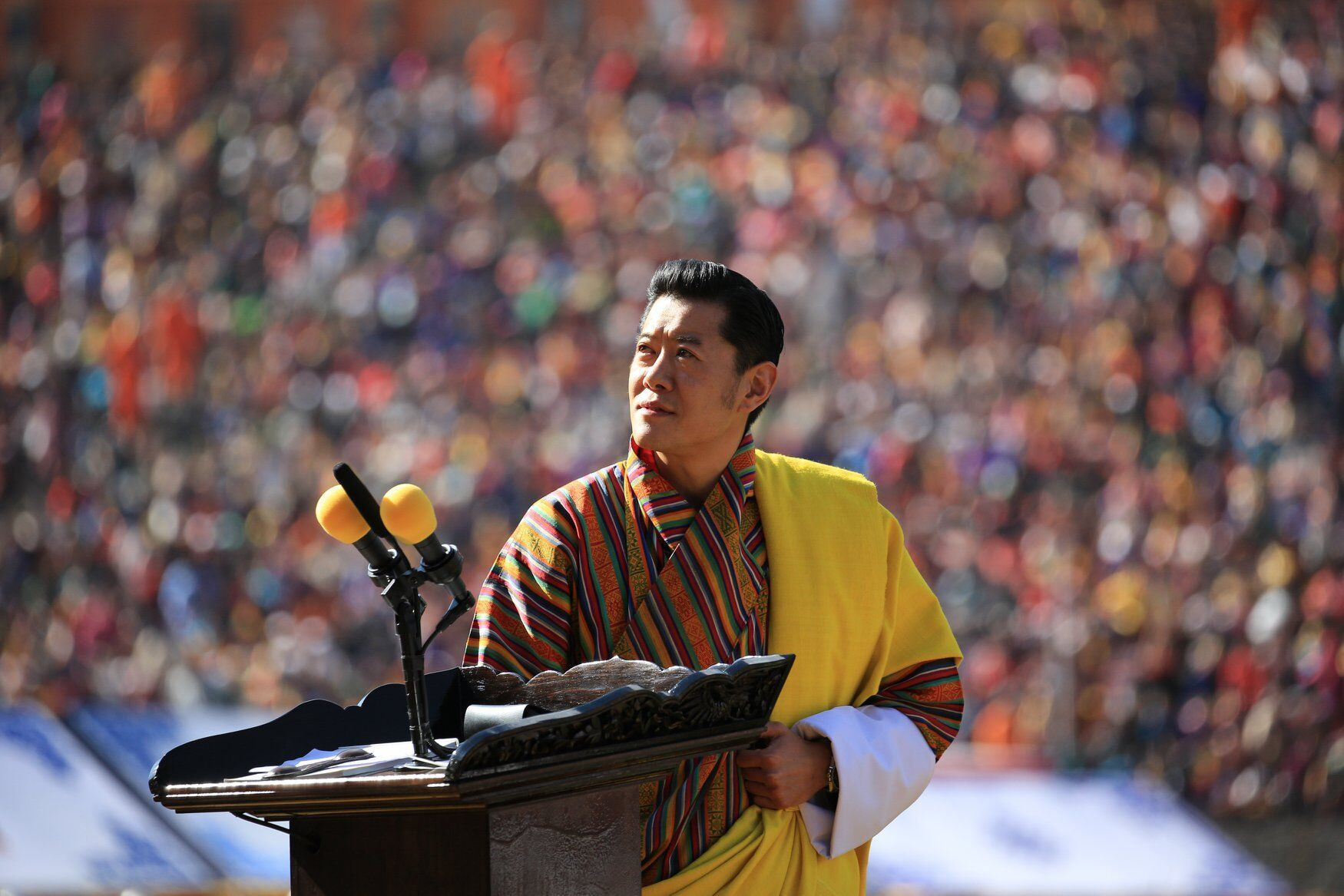%20Gentleman%20Index.jpg)
Photo credit: Getty
In Q2 2025, the world began to listen more closely to whispers from the mountains.
King Jigme Khesar, Bhutan’s revered “Dragon King,” quietly rose in international stature as renewed attention focused on Bhutan’s model of Gross National Happiness, sustainable development, and climate stewardship. Amid the chaos of geopolitical tensions and hyper-consumerist fatigue, his vision - rooted in simplicity, balance, and moral clarity - has begun to resonate far beyond the kingdom’s borders.
This quarter saw the King make rare yet impactful appearances on the world stage: an address at a regional climate summit in Singapore, Bhutan’s renewed partnership with the UN on carbon neutrality, and the unveiling of a cultural diplomacy initiative involving sacred Himalayan art and interfaith dialogue. Each move was subtle, thoughtful, and in alignment with a deep-rooted sense of noble duty, not political vanity.
His chivalry is not the kind one finds in spectacle or ceremony - it is philosophical, internal, and utterly sincere. From his austere yet elegant royal dress, often handwoven by Bhutanese artisans, to his hands-on approach to national development, King Jigme exudes a quiet dignity, intellectual depth, and monastic restraint rare in modern leadership.
He is often seen walking among his people, without an entourage, listening more than speaking. That humility - paired with his Yale education, his reformist vision, and his deep spiritual grounding—makes him a modern embodiment of the philosopher-king, echoing Plato’s ideal of leadership rooted in wisdom, not ambition.
Why He Rose:
- Global climate discourse has turned eyes toward Bhutan’s unique policies.
- His leadership is now recognized as a blueprint for post-growth, high-culture governance.
In a noisy world, his quiet chivalry feels revolutionary—an elegant rebuke to excess.
King Jigme doesn’t rule with might—he reigns with meaning. And in Q2 2025, that rare form of philosophical nobility finally earned its rightful place among the highest ranks of global gentlemanly influence.
9. Keanu Reeves (United States/Canada)
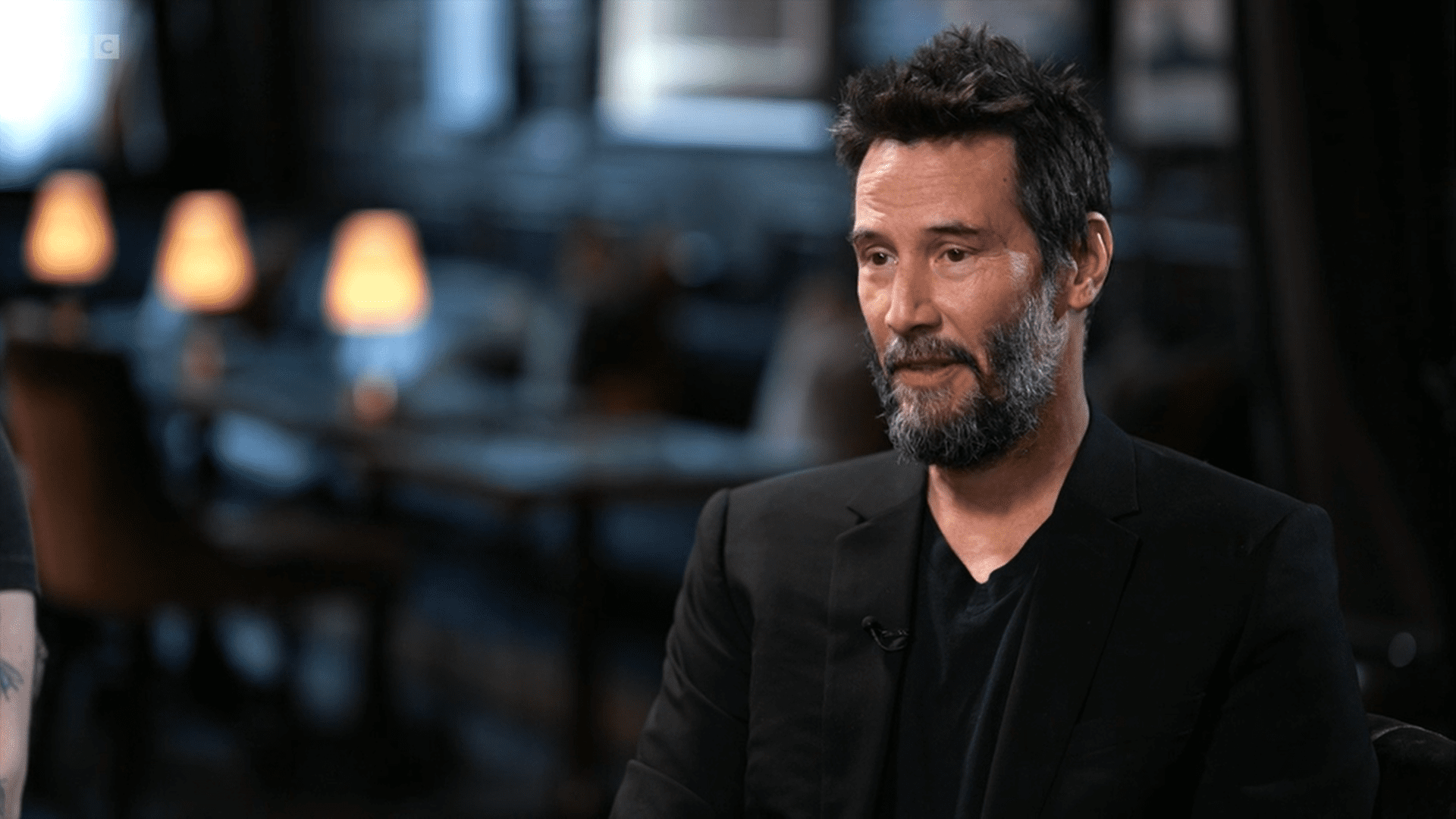
Photo credit: Getty
In an industry often defined by superficiality and excess, Keanu Reeves remains a rare enigma—a man of humility, generosity, and quiet sophistication. His rejection of Hollywood vanity in favor of intellectual pursuits, minimalist fashion, and philanthropic work makes him a modern embodiment of noble restraint. Reeves’ personal style is effortlessly cool, favoring sleek black ensembles, well-cut blazers, and classic boots that complement his low-key, intellectual persona. His deep philosophical nature, love for literature, and dedication to charitable causes only enhance his reputation as a man of true depth and character.
10. Crown Prince Hussein (Jordan)

Photo Credit: Supplied
A modern-day warrior prince, Crown Prince Hussein of Jordan blends military excellence, intellectual rigor, and diplomatic refinement. Educated at Georgetown and Sandhurst, he represents a new generation of Arab leadership, deeply rooted in tradition yet forward-thinking in vision. His composed presence, dedication to public service, and refined personal style set him apart as a model of contemporary chivalry.
11. Rafadel Nadal, Marquis of Llevant de Mallorca (Spain)
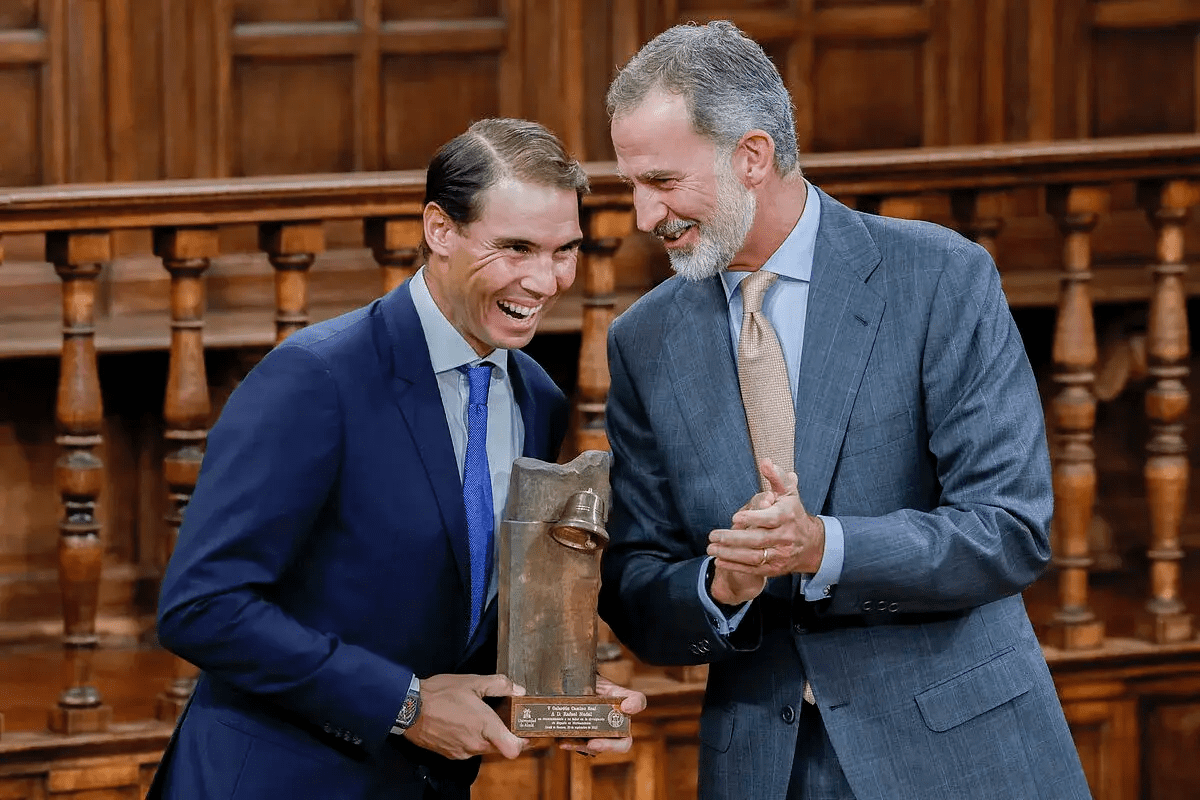
Photo Credit: Getty Images
Rafael Nadal’s entry into The Gentleman’s Chivalry Index comes at a poignant moment—shortly after his official retirement from professional tennis and the bestowal of the noble title “Marquis of Llevant de Mallorca” by King Felipe VI of Spain. This rare and deeply symbolic honor acknowledges not only his legendary achievements on the court, but his lifelong embodiment of Spanish dignity, humility, and sporting nobility.
The title of marquis cements Nadal’s position in Spain’s modern aristocracy—not by birth, but by merit and moral authority. It reflects the nation’s recognition of him as a living symbol of tenacity tempered by humility, and a global ambassador of Spanish culture and character.
Off the court, Nadal continues to channel his influence into noble pursuits through the Rafa Nadal Foundation, promoting youth education, inclusion, and resilience. His understated lifestyle, deep family ties, and respect for tradition resonate with the chivalric ideals of service, grace, and quiet leadership.
With his transition from tennis legend to statesman of character and culture, Nadal is now more than an athlete—he is a modern-day knight of Spain, carrying himself with honor, discipline, and a noble sense of duty.
12. Giorgio Armani (Italy)
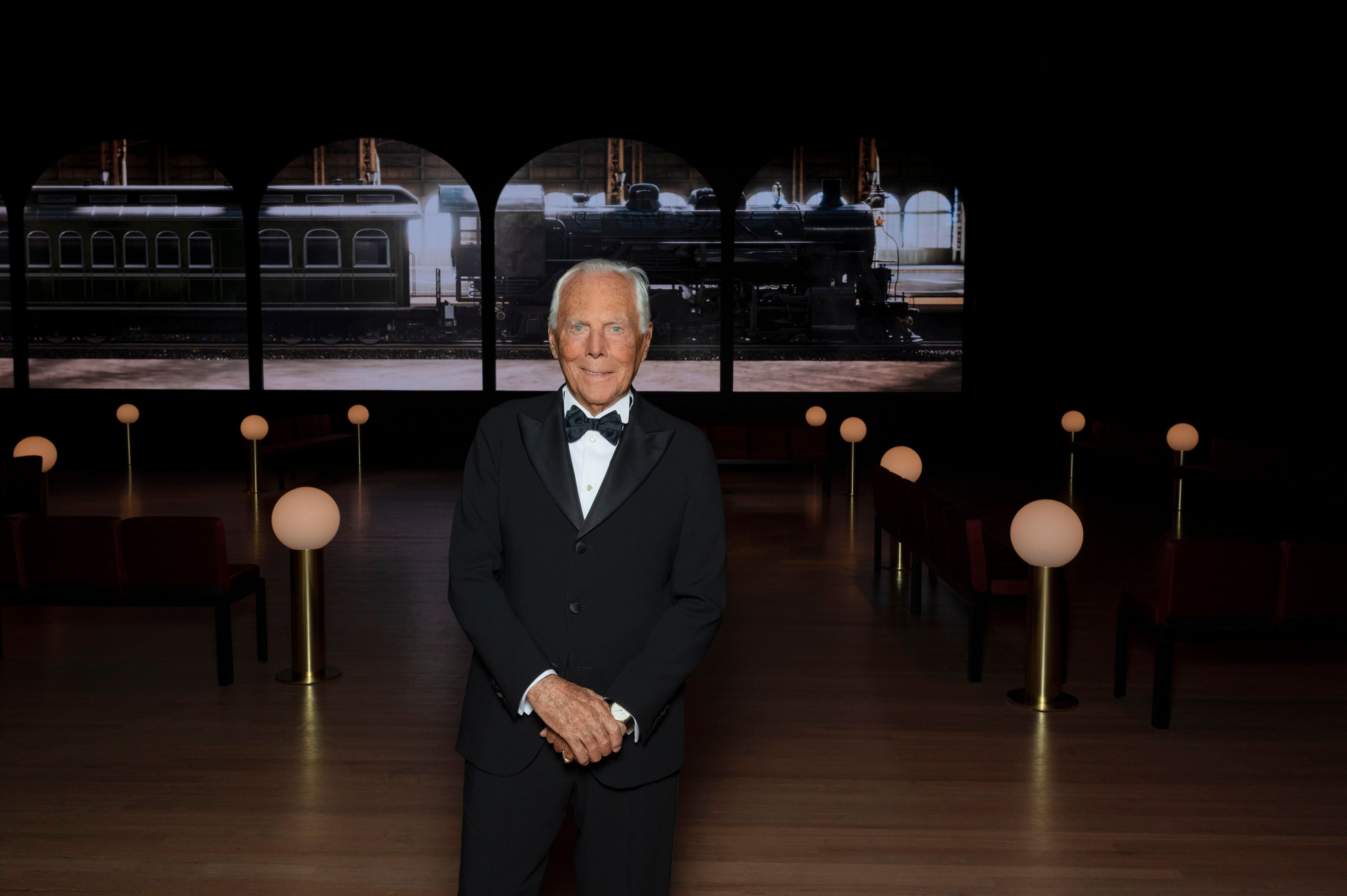
Photo Credit: Giorgio Armani
The last great titan of men’s fashion, Giorgio Armani’s name is synonymous with understated sophistication. His designs have redefined masculine elegance for generations, emphasizing clean lines, impeccable tailoring, and a philosophy of effortless refinement that continues to shape the fashion world.
13. Leonardo DiCaprio (US)
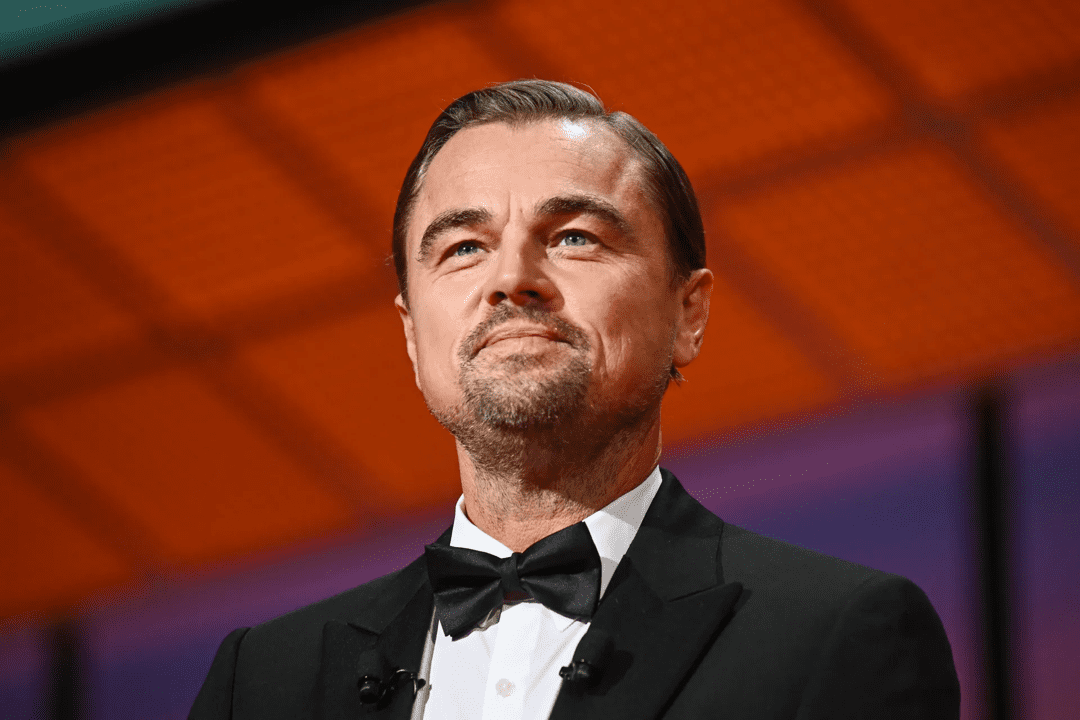
Photo Credit: Getty Images
Leonardo DiCaprio’s rise in the Q2 2025 Gentleman’s Chivalry Index is driven by a powerful convergence of emotional intelligence, cultural reverence, and statesmanlike environmental advocacy—qualities that set him apart in an industry often driven by ego and ephemerality.
His graceful tribute to Robert De Niro at the Cannes Film Festival in May 2025, during the presentation of the Palme d’Or, was a defining moment. In an era of performative celebrity speeches, DiCaprio delivered something rare: a speech rooted in humility, deference, and intergenerational honor. He didn’t center himself—he elevated a mentor. It was a public act of chivalrous loyalty, a gentleman paying homage to a master, framed with restraint and emotional depth. It reminded the world that true elegance isn’t just about presence—but about how one uplifts others.
Beyond the red carpet, DiCaprio’s climate activism has entered a new phase. No longer just an advocate, he is now functioning as an informal cultural diplomat—attending high-level summits, supporting indigenous-led environmental preservation in Latin America, and influencing global environmental policy discussions behind the scenes. His foundation’s discreet funding of nature-based solutions and community-based carbon projects has added substance to his public persona, grounding his advocacy in real impact.
Stylistically, Leonardo continues to evolve with an old-school cinematic refinement. His preference for clean-lined tuxedos, neutral earth-tone tailoring, and vintage eyewear speaks of a man deeply attuned to classic aesthetics—never flashy, always polished. Off-screen, his manner—deliberate, soft-spoken, and intellectually engaged—mirrors the archetype of the Hollywood gentleman of the Golden Age, updated for a generation grappling with existential threats.
In Q2 2025, DiCaprio has redefined what it means to age gracefully in the public eye: he has become a custodian of legacy, a champion of the planet, and a man who carries his global influence with principled poise.
14. Crown Prince Frederik (Denmark)
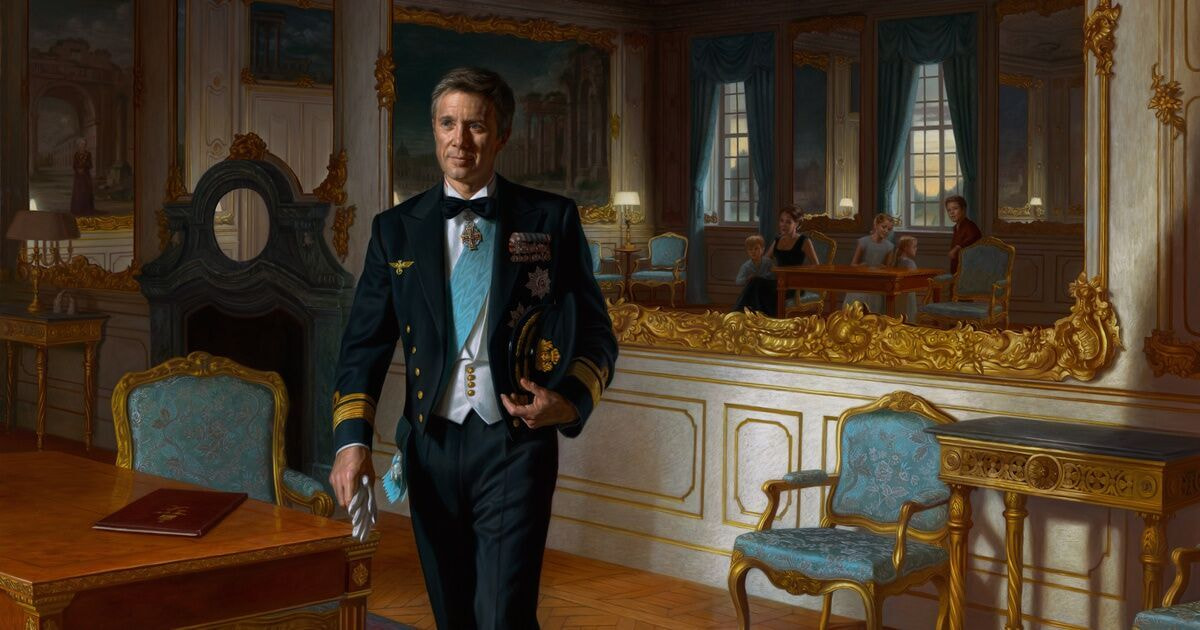
Photo credit: Ralph Heimans
Crown Prince Frederik of Denmark exemplifies the refined chivalry of Scandinavian royalty, blending deep-rooted heritage with a forward-thinking approach. As heir to the Danish throne, he upholds the values of duty, honor, and service, embodying the noble responsibility that defines true gentlemanly leadership. His military background—having completed rigorous training with the Danish Navy's elite Frogman Corps—reflects the discipline and resilience expected of a chivalrous leader.
Beyond his formal duties, Frederik’s demeanor is marked by humility, warmth, and a deep commitment to both tradition and progress. His advocacy for sustainability and innovation demonstrates a modern interpretation of chivalry, where leadership is measured not just by lineage but by the impact one has on society. His marriage to Crown Princess Mary, a love story that transcended borders, further reinforces his image as a romantic yet principled royal, reminiscent of the gallant knights of old who balanced power with devotion.
15. Tom Ford (United States)
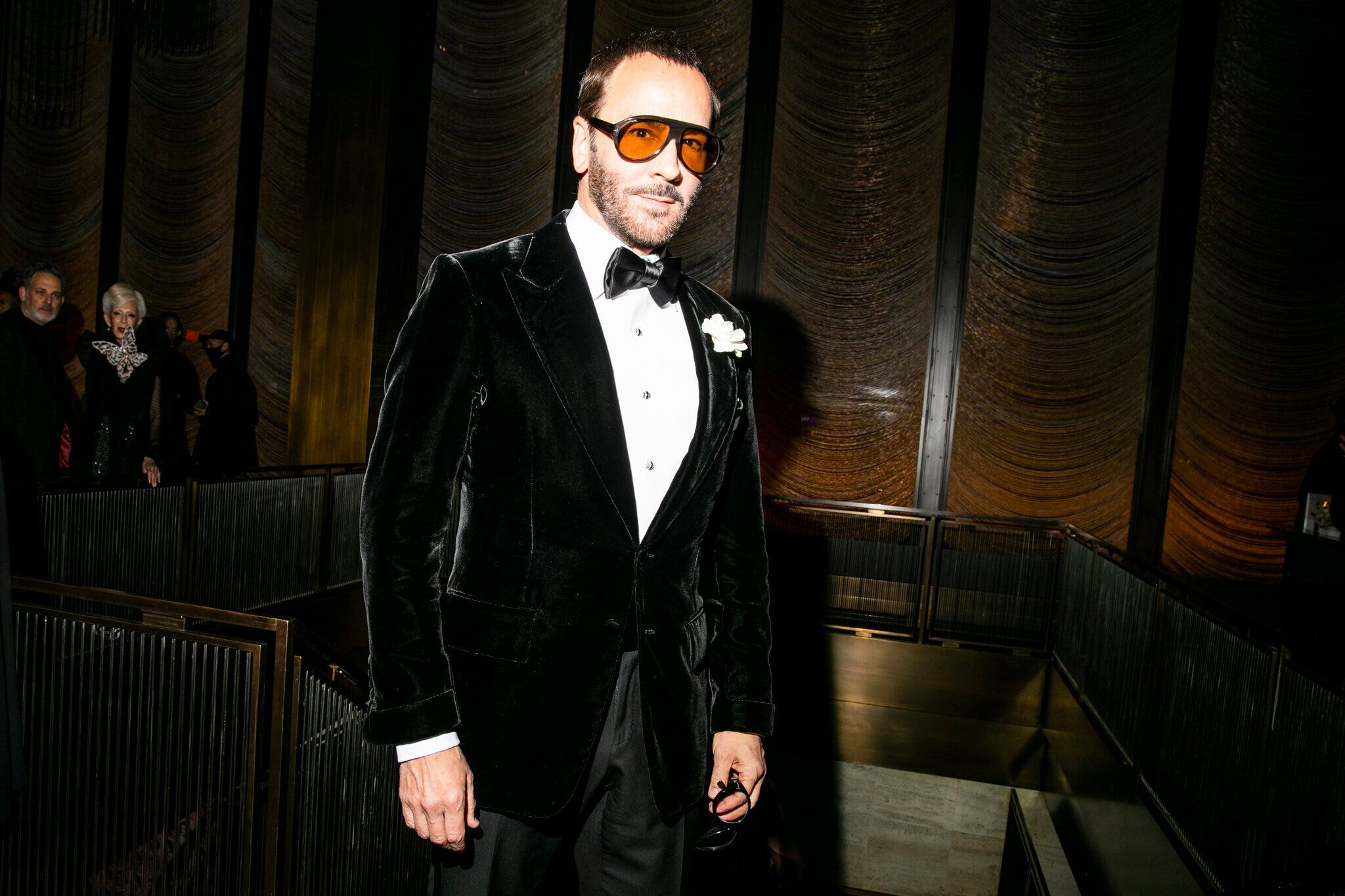
Photo Credit: New York TImes
No one has done more to revive classic masculinity in style than Tom Ford. His brand and personal demeanor reflect a deep understanding of old-school charm, suavity, and gentlemanly confidence. His approach—marked by suave tailoring, meticulous grooming, and an old-school charm—cements his place as a cultural arbiter of refined masculinity.
16. François-Henri Pinault (France)
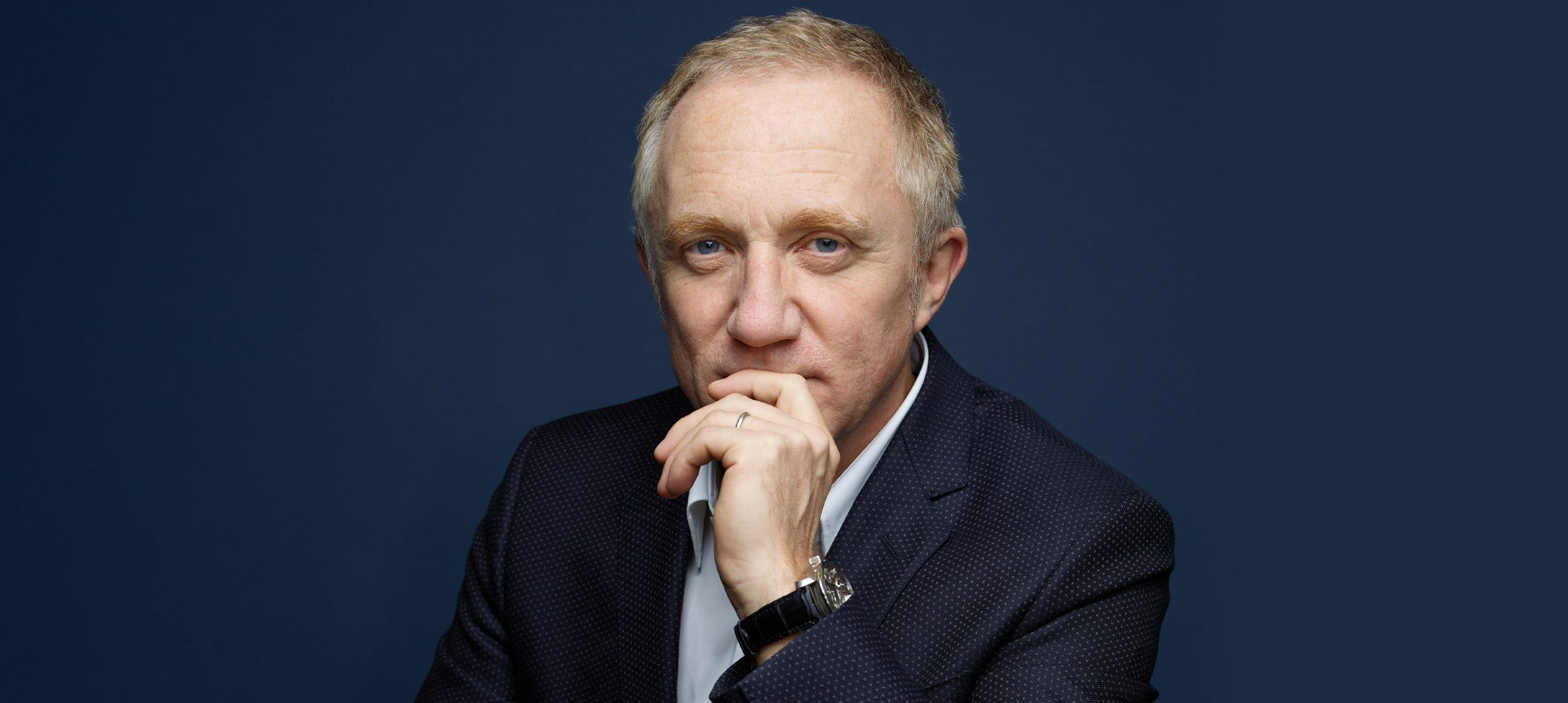%20Gentleman%20Index.jpg)
Photo Credit: Getty
As the formidable rival of LVMH’s Bernard Arnault, François-Henri Pinault steers Kering’s luxury empire with a distinct blend of business acumen and chivalric leadership. Beyond mere profitability, his stewardship reflects a deep commitment to heritage preservation, ensuring that the legacy of iconic maisons remains intact for future generations. His advocacy for sustainable fashion embodies a modern sense of responsibility—one that aligns with the noble duty of safeguarding craftsmanship and ethical luxury.
Pinault’s approach to leadership is marked by an understated elegance, favoring quiet refinement over ostentation, a quality reminiscent of the classic gentlemanly ideal. His philanthropic initiatives, from gender equality to cultural patronage, further highlight his dedication to a more conscious and inclusive luxury industry.
17. John Elkann (Italy)
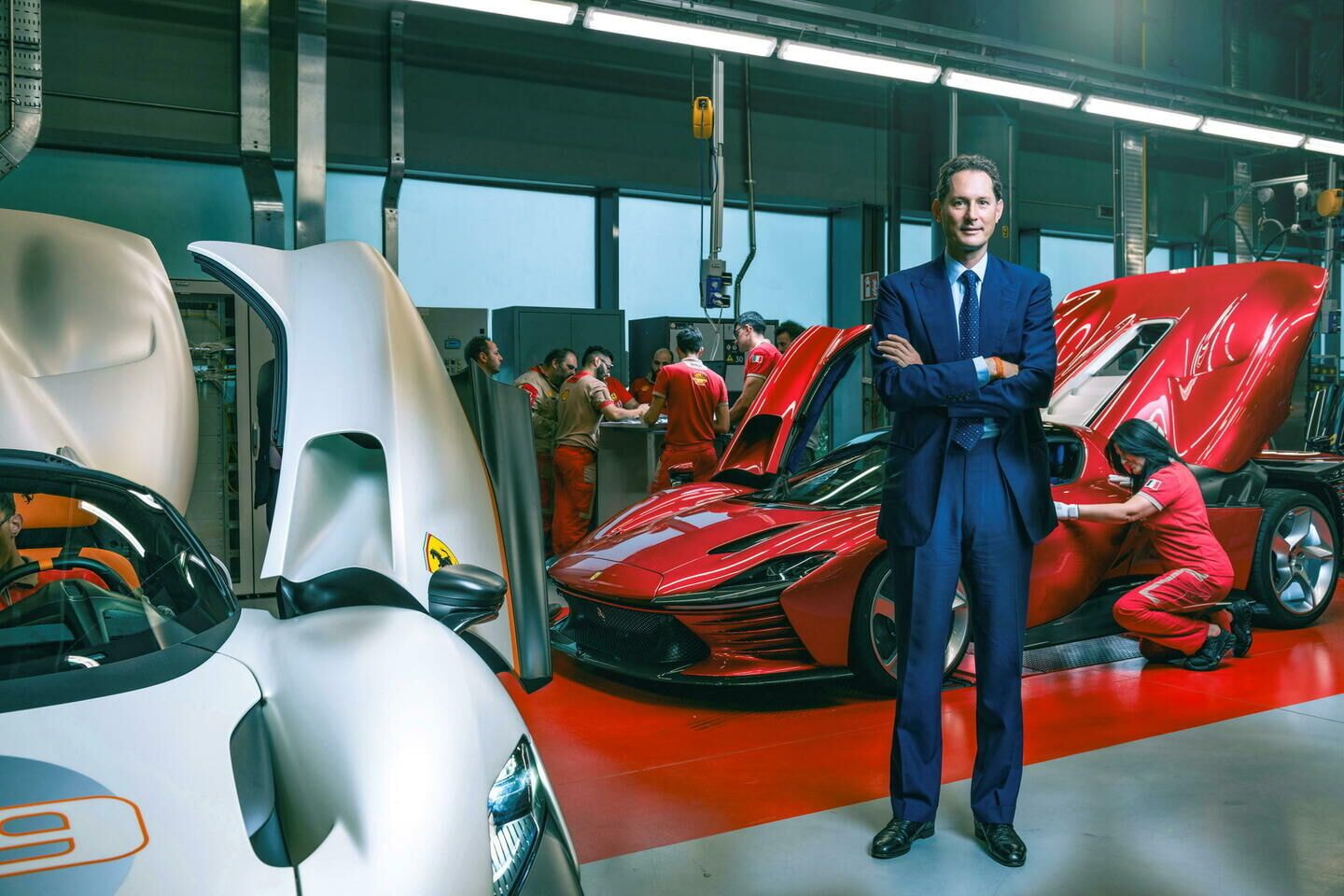%20Gentleman%20Index.jpg)
Photo Credit: LE POINT/KHANH RENAUD
As the heir to the Agnelli dynasty, John Elkann carries the weight of Italy’s automotive and luxury heritage on his shoulders with remarkable poise. As the chairman of Ferrari and Stellantis, he continues to elevate the legacy of exquisite craftsmanship, innovation, and high culture that his family is known for. His polished and understated style—favoring fine Italian tailoring and classic timepieces—perfectly embodies the quiet confidence of true European aristocracy. Beyond business, his patronage of art, design, and philanthropy further cements his role as a guardian of sophistication and prestige.
18. Idris Elba (United Kingdom)
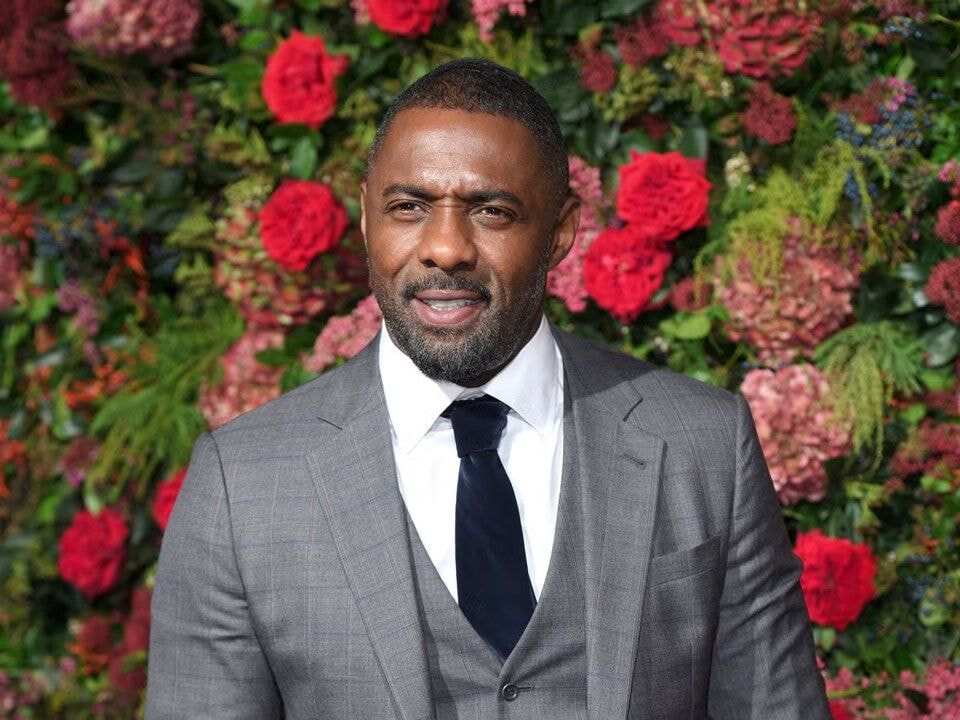
Photo Credit: Getty
A modern Renaissance man, Idris Elba redefines Black excellence in masculinity through a powerful blend of grace, charm, and rugged sophistication. Whether as an actor, director, musician, or entrepreneur, Elba moves with an air of effortless cool and unshakable confidence. His personal style—often featuring bespoke tailoring, sharp outerwear, and classic accessories—is a testament to his refined yet dynamic persona. Beyond Hollywood, his work in philanthropy, social activism, and advocacy for diversity in entertainment reflects the true essence of a contemporary gentleman.
19. Zinedine Zidane (France)
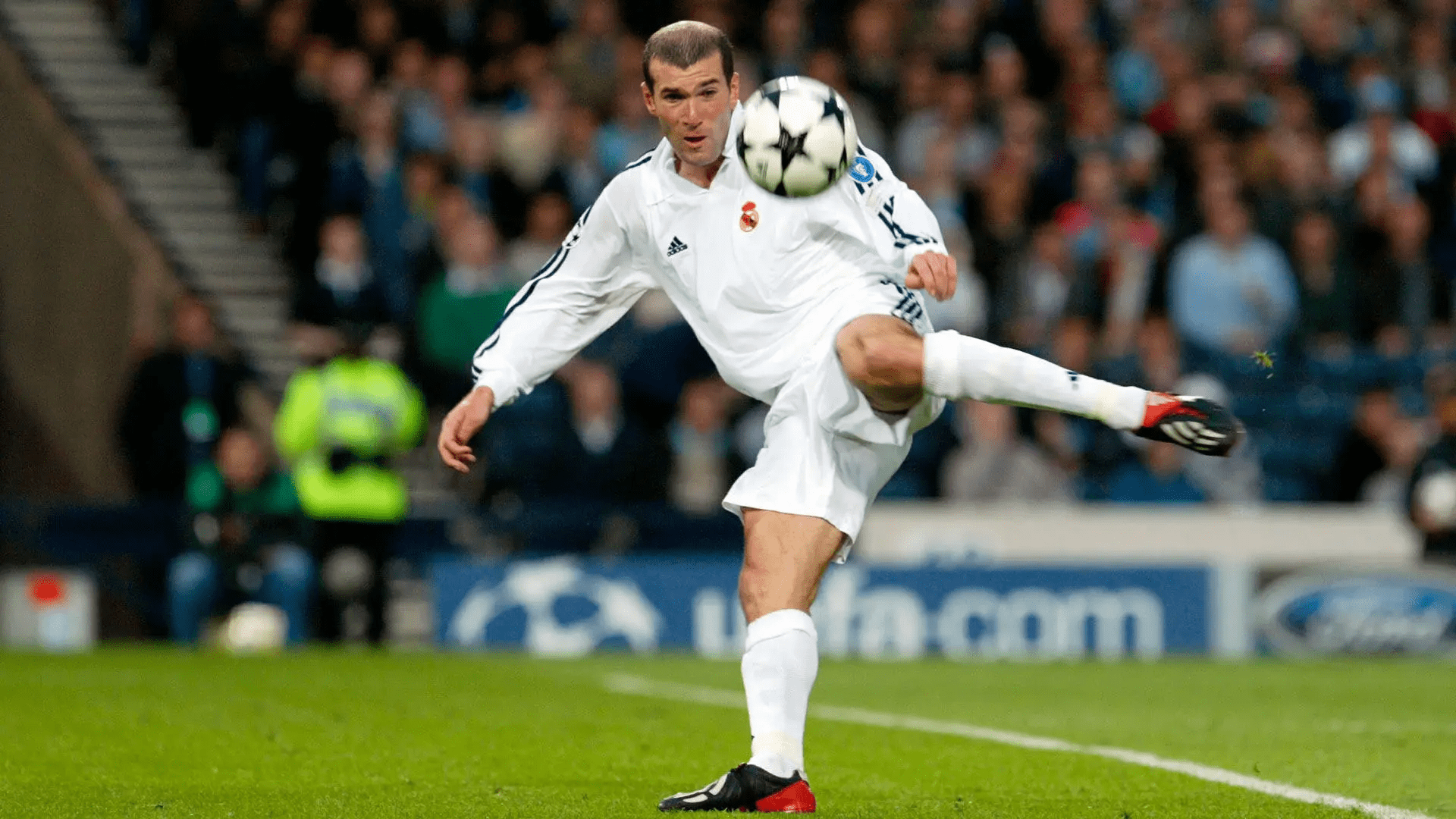
Photo Credit: UEFA
Zidane is the embodiment of grace, elegance, and quiet strength—both on and off the football field. A man of few words but immense presence, his leadership style exudes discipline, humility, and wisdom. Whether as a legendary footballer, a Champions League-winning coach, or a global ambassador, Zidane’s influence is felt through his dignified demeanor rather than loud statements. His minimalist yet refined style, favoring sharp tailoring and classic monochromatic ensembles, reflects his French-Algerian heritage and understated sophistication. In a world obsessed with showmanship, Zidane remains a testament to the power of elegance in restraint.
20. King Felipe VI (Spain)
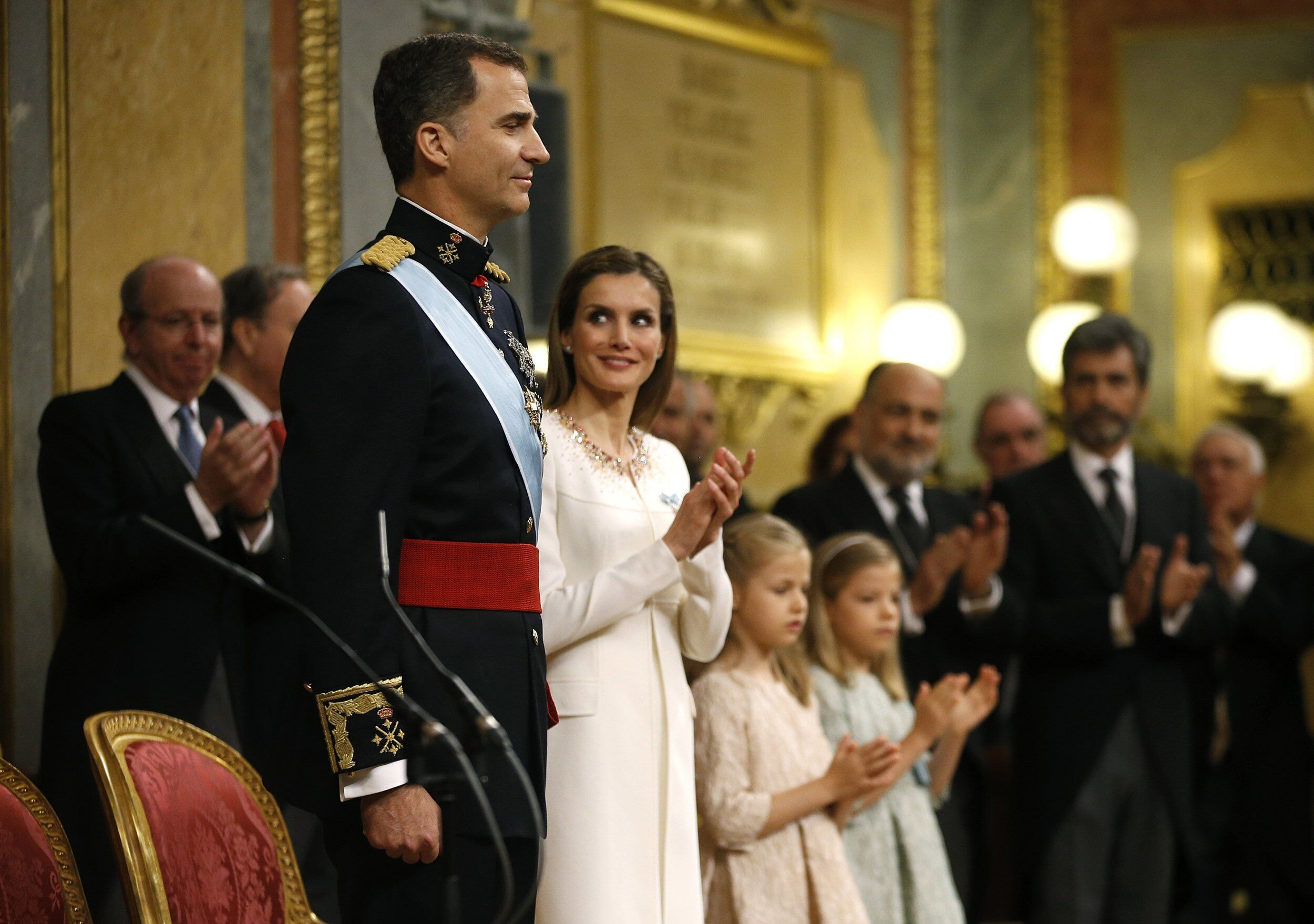
Photo Credit: Reuters
A monarch with an impeccable sense of duty, diplomacy, and cultural preservation, King Felipe VI is the epitome of a modern European gentleman. As a leader, he upholds the legacy of the Spanish crown with dignity and grace, ensuring that his public image reflects both tradition and contemporary sophistication. His sharp tailoring, polished demeanor, and unwavering sense of protocol make him a true statesman and a paragon of regal refinement. His commitment to Spanish heritage, global diplomacy, and noble leadership cements his position as one of the most distinguished figures in European aristocracy.
21. The Duke of Westminster (United Kingdom)
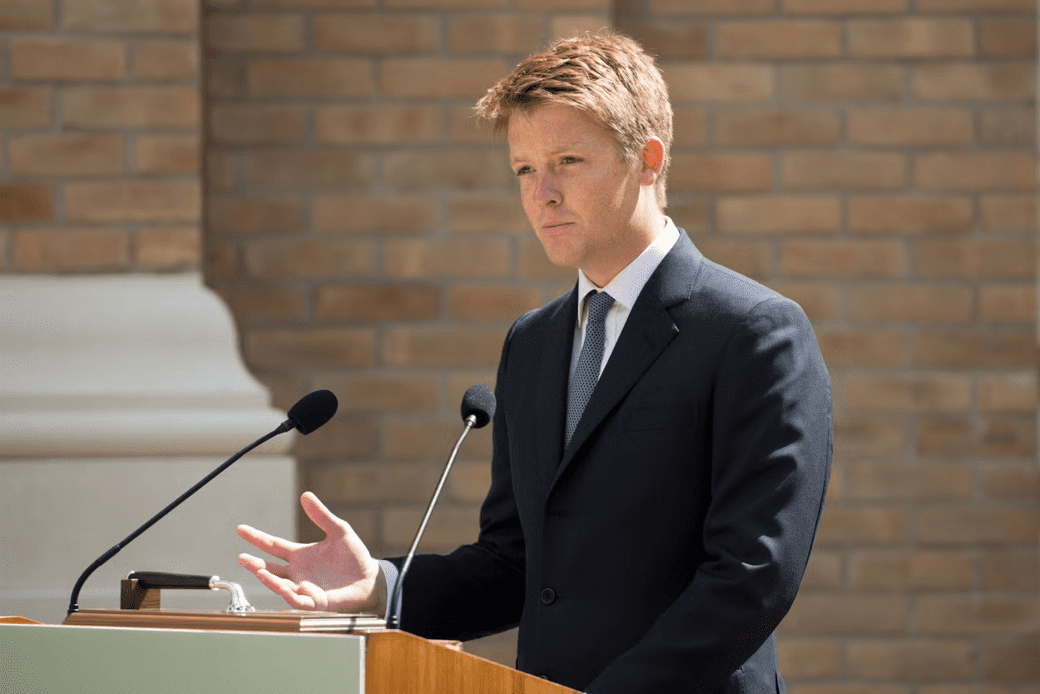
Photo Credit: (Oli Scarff/PA) (PA Archive)
Hugh Grosvenor, the 7th Duke of Westminster, represents modern British nobility—an aristocrat who seamlessly blends centuries-old heritage with forward-thinking leadership. As one of the wealthiest men in the United Kingdom, his influence extends far beyond his family’s vast property empire, as he is deeply involved in charitable work, sustainability, and social impact initiatives. His approach to style is an elegant mix of classic British tailoring, equestrian influences, and contemporary refinement, making him a paragon of understated aristocratic elegance.
22. Brad Pitt (United States)
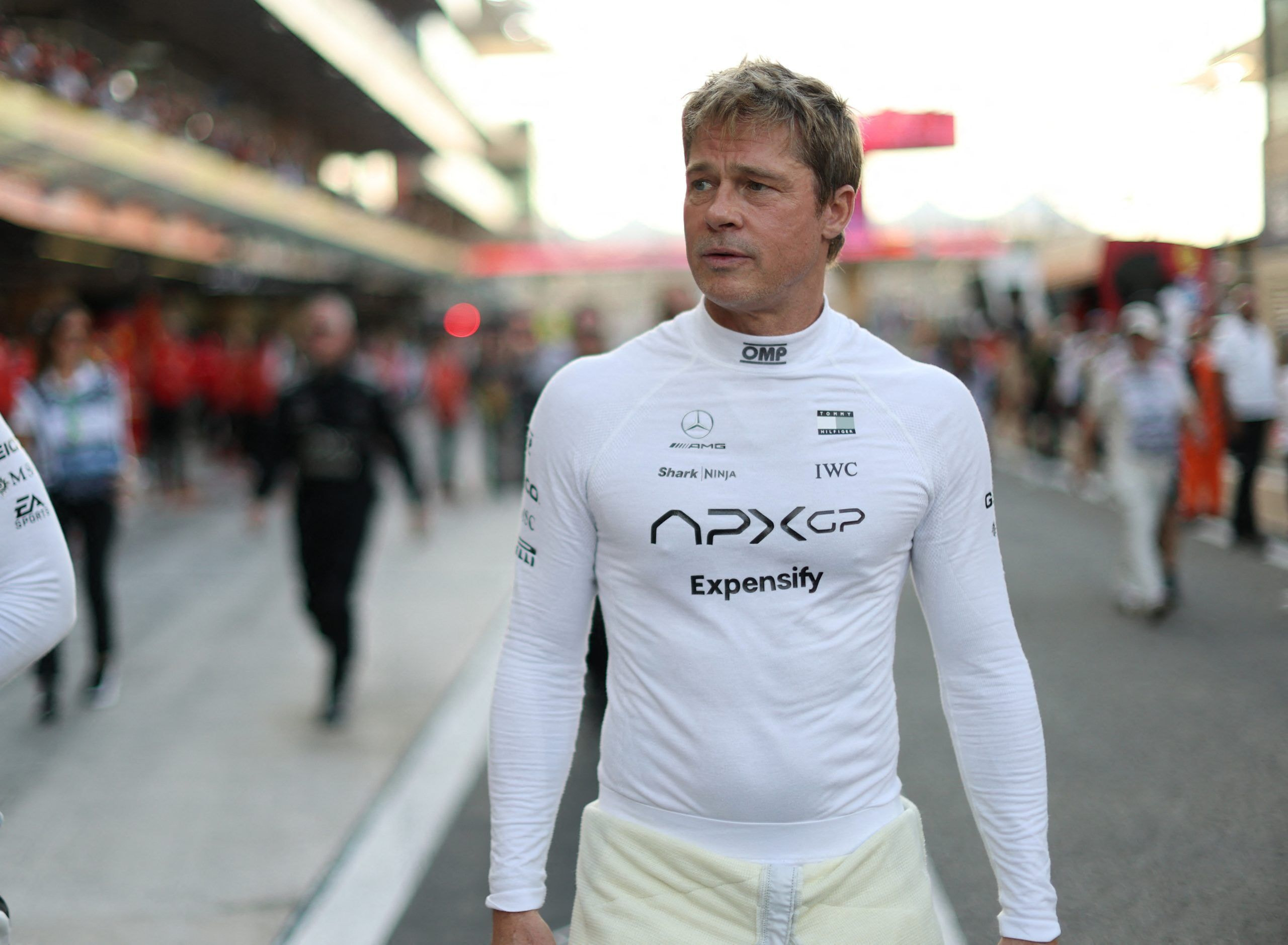
Photo Credit: Reuters
A Hollywood legend with an evolving sense of style, Brad Pitt has mastered the art of reinvention while maintaining a signature aura of classic American elegance. Whether donning a perfectly cut tuxedo at Cannes or exuding a rugged charm in casual linen ensembles, he embodies a confidence that transcends fashion trends. More than just his aesthetic, Pitt’s philanthropy, artistic pursuits, and passion for architecture and design showcase a deeper appreciation for craftsmanship, culture, and legacy. His ability to maintain effortless cool and timeless sophistication places him among the most stylish and respected men of his generation.
23. Pierce Brosnan (Ireland)
.png)
Photo Credit: Amazon MGM Studios
A true embodiment of debonair sophistication, Pierce Brosnan is more than just the man who brought James Bond to life—he is a gentleman of substance, style, and grace. With his effortlessly refined demeanor, Brosnan exudes old-school Hollywood charm while maintaining a strong presence in contemporary culture. His fashion sense is a masterclass in classic tailoring and relaxed elegance, seamlessly blending Savile Row craftsmanship with laid-back European refinement.
Beyond his sartorial excellence, Brosnan is deeply involved in philanthropic and environmental causes, championing marine conservation and supporting charitable initiatives worldwide. His unwavering dedication to his craft, measured approach to fame, and commitment to gentlemanly ideals make him a timeless symbol of cultured masculinity. Whether gracing the red carpet in a perfectly cut tuxedo or enjoying a quiet moment with his family, Pierce Brosnan personifies the modern aristocrat—polished, poised, and perpetually distinguished.
24. Sheikh Hamdan bin Mohammed Al Maktoum (Dubai, UAE)
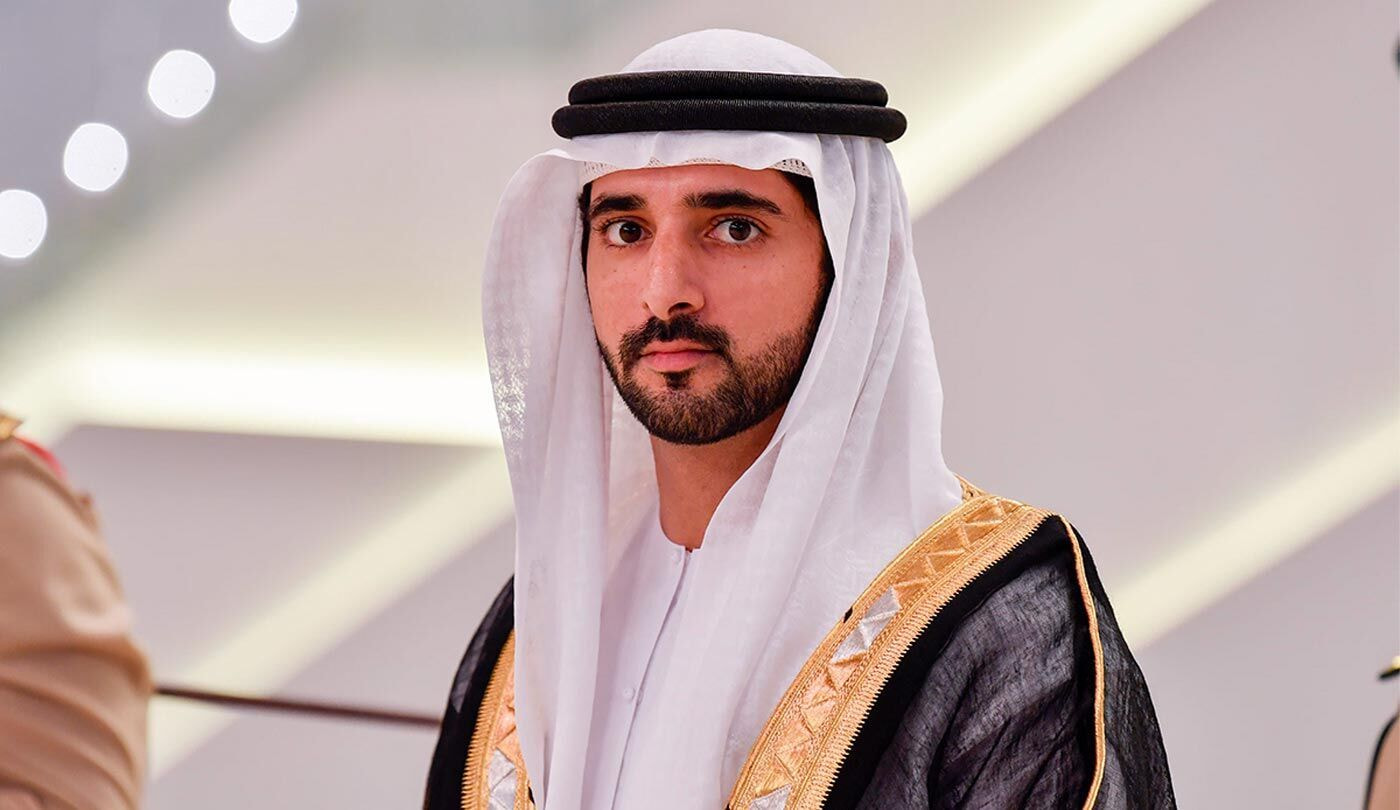
Photo Credit: Getty Images
In Q2 2025, Sheikh Hamdan—widely known as Fazza—makes a dignified return to The Gentleman’s Chivalry Index, reasserting his place as one of the Middle East’s most compelling figures of contemporary nobility. Blending Bedouin romanticism with futuristic vision, he personifies the rare archetype of a desert-born gentleman—cultured, courageous, and forward-looking.
What sets Sheikh Hamdan apart is not merely his royal position as Crown Prince of Dubai, but his active role as a cultural and poetic custodian. His continued contributions to Nabati poetry—a centuries-old Gulf tradition—reflect a deep reverence for heritage and language. Published under his nom de plume, Fazza, his verses explore themes of honor, sacrifice, love, and the enduring spirit of the Arabian desert. In a time when cultural literacy is declining globally, his poetic output stands as an elegant act of preservation.
At the same time, Hamdan is a man of future-facing innovation. Under his guidance, Dubai’s digital transformation and AI strategies have accelerated, positioning the emirate as one of the most advanced cities in the world—without losing its soul. His initiatives consistently balance technological ambition with heritage integrity, showing a chivalric care for cultural continuity amid modernization.
25. Sir Gareth Southgate (United Kingdom)
